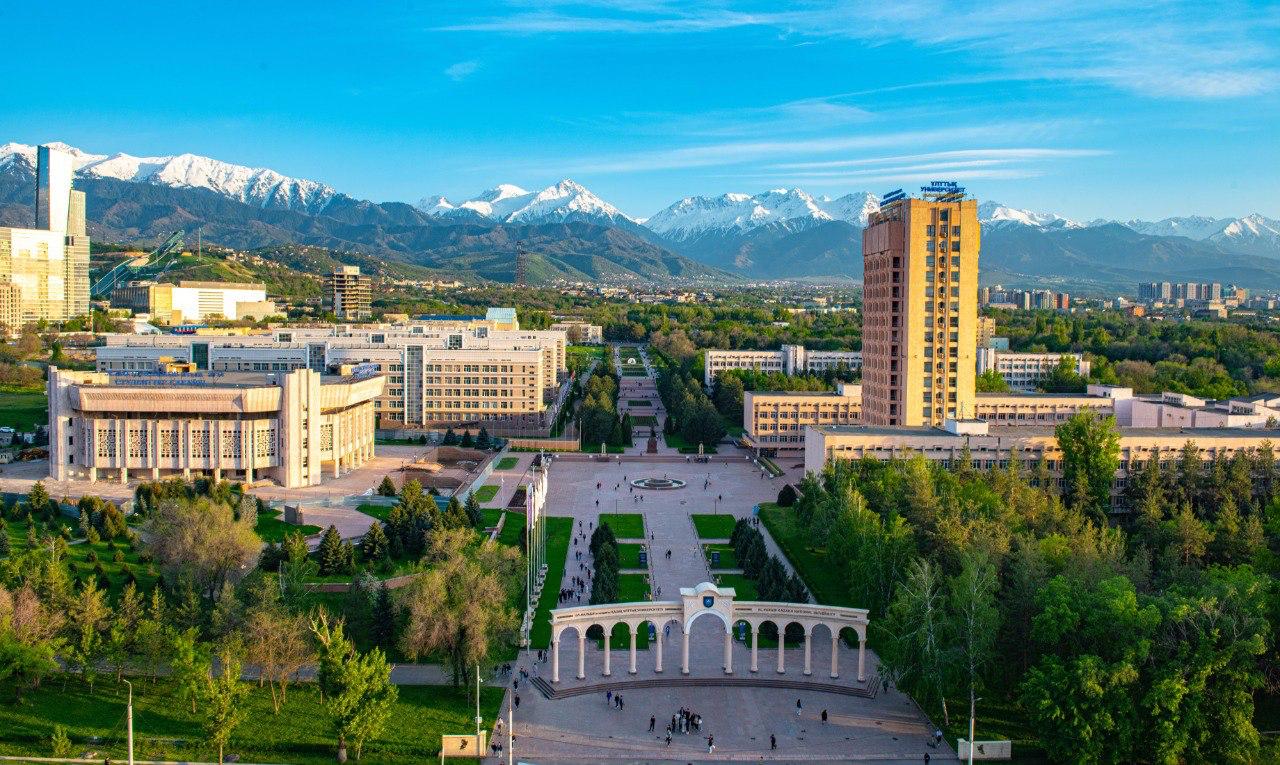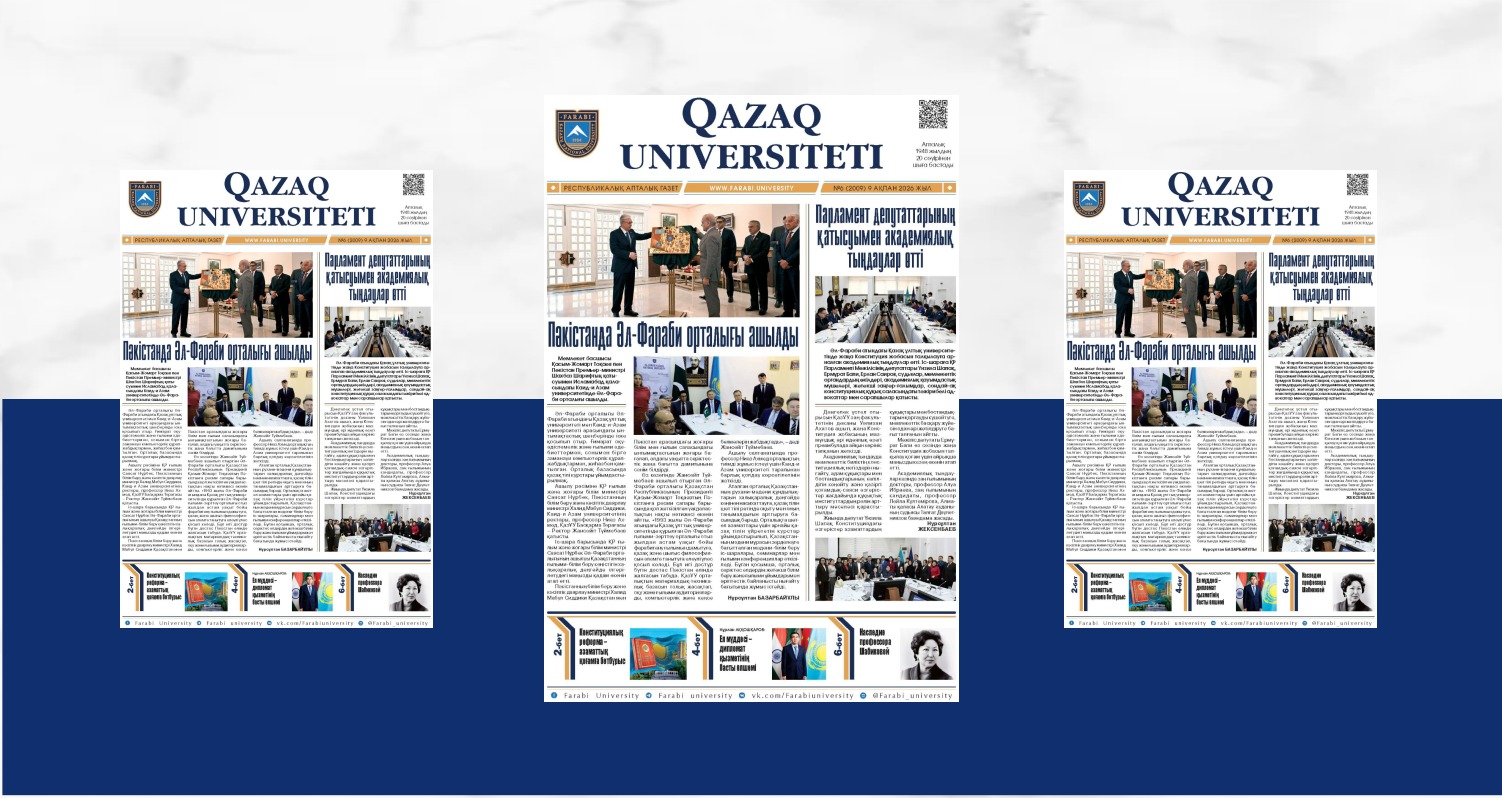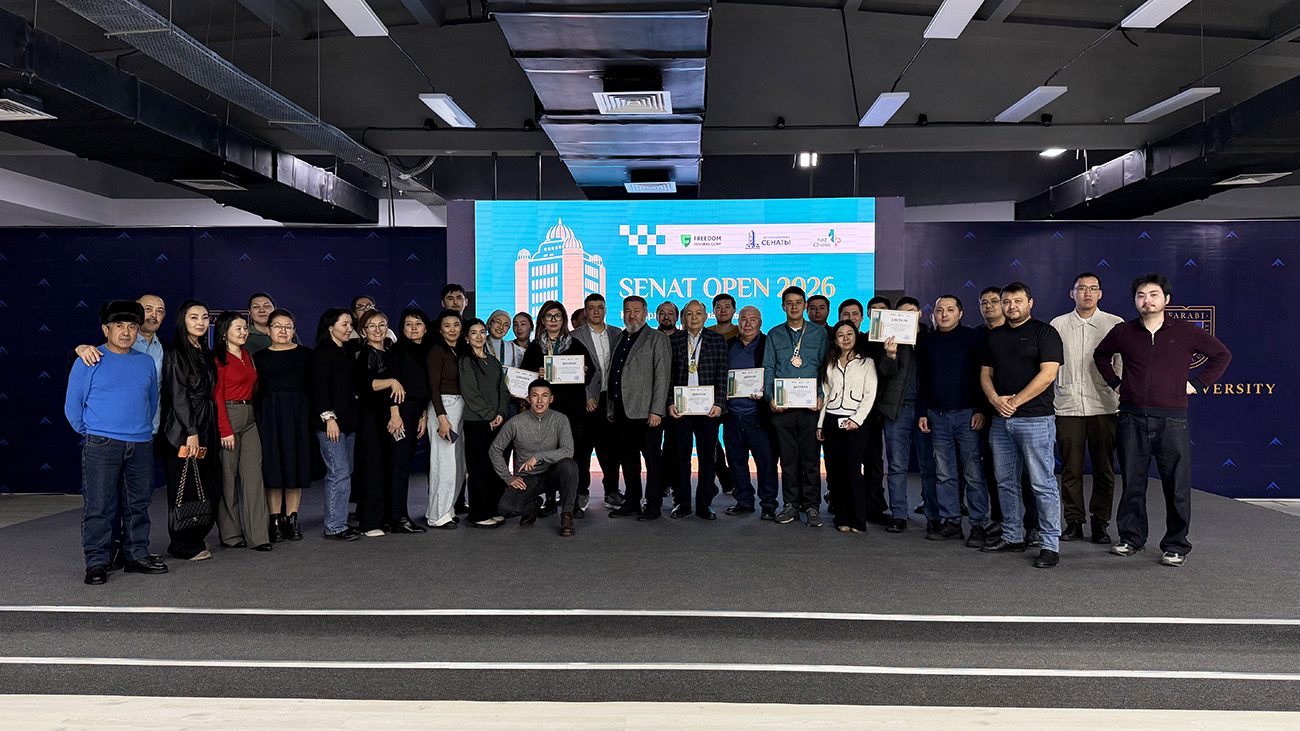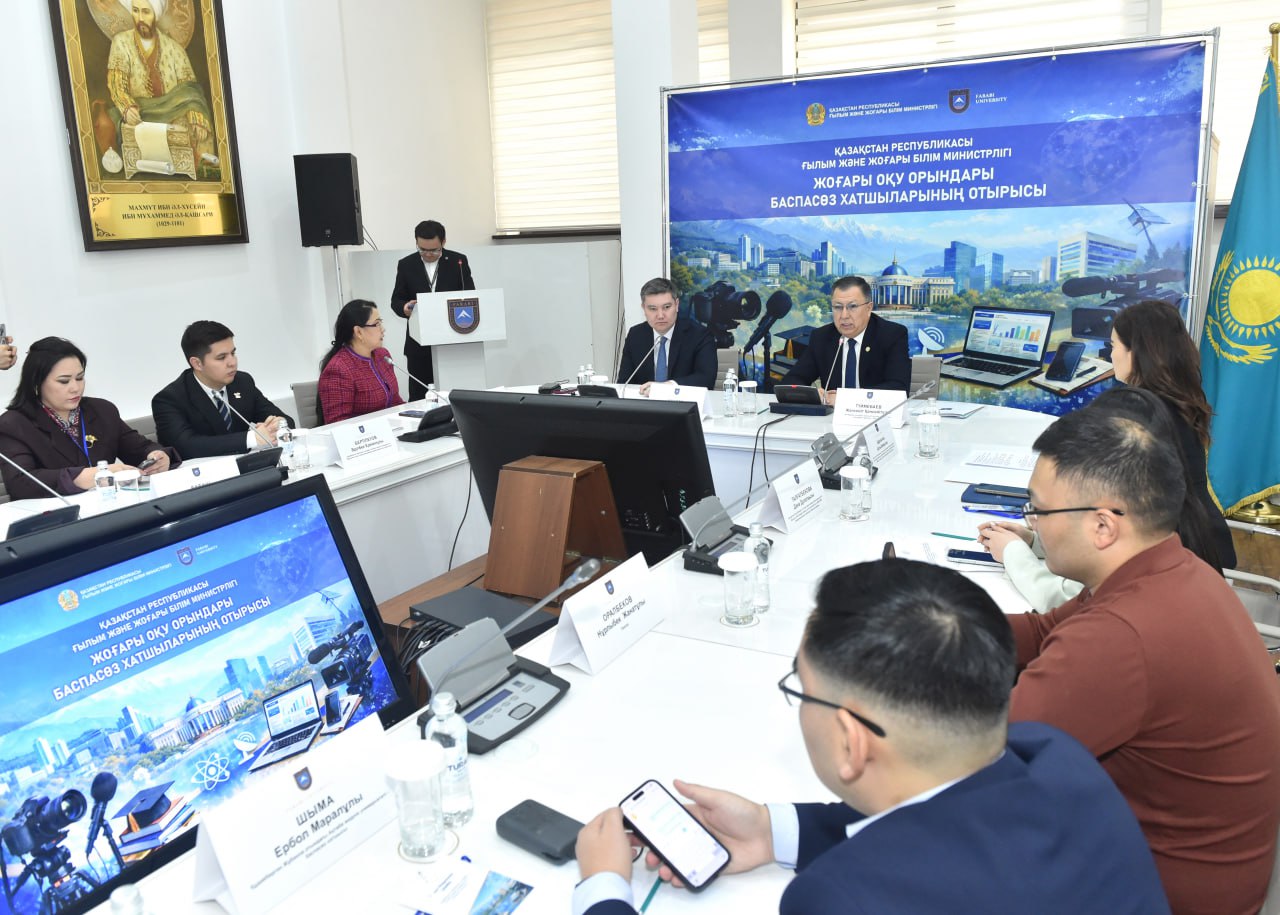
Open Call for Participants
The Energy2050 Initiative at the University of Sheffield jointly with Al-Farabi Kazakh National University is organizing a three-day workshop on “Energy challenges and rural development in the context of climate change in Kazakhstan”, sponsored by the British Council Newton – Al-Farabi Partnership Programme in association with the JSC Science Fund. The workshop will take place on 24-26 August, 2016 in Almaty, Kazakhstan.
The workshop aims to serve as a platform to contribute to the discussions on key topics related to energy system and rural development in Kazakhstan in context of climate change and to connect together early career and established researchers in UK and Kazakhstan working on sustainable energy management, renewable energy development, energy efficiency, smart low carbon energy technologies, sustainable rural development, climate change mitigation, energy economics, international and national energy and climate policy, energy security etc.
In Kazakhstan, rapid economic growth has led to energy demand increase, while, coal remains the dominant fuel source. The impacts of climate change are already evident in every region of Kazakhstan and significantly impact the agriculture, land and water resources, the economy, human health and everyday life. The Kazakhstani government initiated a new low carbon strategy and aims to diversify its economy with alternative, cleaner sources of energy and will reform its agricultural and industrial sectors to spur scientific innovation and the use of advanced technologies.
The aim of the proposed workshop is to bring together policy-makers, scientists and practitioners from different disciplines to discuss challenges of the energy trilemma: energy security, energy equity and environmental sustainability. This will help Kazakhstan achieve its goal, to become 1 of the top 30 competitive developed countries in the world by 2050 while gradually 'greening' key economic sectors.
The workshop will provide a unique opportunity for sharing research expertise and networking. During the workshop early career researchers will have the opportunity to present their research in the form of a short oral presentation and discuss this with established researchers from the UK and Kazakhstan. There will be a focus on building up links for future collaborations and participants will be selected on the basis of their research potential and ability to build longer term links.
The Newton – Al-Farabi Partnership Programme will cover the costs related to the participation to the workshop, including: travel (both international and local), accommodation and meals. Costs for the visa will be covered; however participants will be responsible for making all the necessary arrangements. Although this cost will not be covered by the British Council, participants are encouraged to purchase an adequate travel and medical insurance. The British Council accepts no responsibility for any problems which may occur when the participants are in-country.
Workshop Sessions
Areas of interest for the workshop include, but are not limited to, the following topics:
With al-farabi:
Session A: Global energy system: drivers, choices and security
Key questions:
- · Energy security in Eurasia
- · Limits to easily accessible fossil fuels
- · Climate change and energy challenges
- · Energy resources and geopolitical competition
- · Frontier fossil fuel technologies & basins
Session B: Climate change in Kazakhstan: impacts and expectations
Key questions:
- · Environmental pollution and energy
- · Climate change and water resources
- · Climate change mitigation and adoption strategies
- · Future climate change scenarios for Kazakhstan
- · Climate change and its impact on renewable energy potentials
Session C: Sustainable development and green economy in Kazakhstan: status and prospects
Key questions:
- · Energy supply, demand and price: role of policy
- · Potentials and challenges of national renewables-based energy system
- · The choice between gas, nuclear, renewables, and coal with CCS
- · The benefits and costs of renewable energy deployment
- · The potential and costs of electricity storage
Session D: Low carbon climate and energy policy: UK, EU and world practice
Key questions:
- · Global Green Growth
- · Support mechanisms in low carbon energy development
- · Barriers and possible solutions for low carbon energy system
- · The energy outlook to 2050: global, regional and national scenarios
- · Changes in the Eurasian energy dynamics and possible implications for Kazakhstan
Added to this, the workshop will offer special Session E dedicated to career development opportunities for early career researchers. In this session, early career researchers will acquire skills, tools and knowledge necessary for scientific writing, multi-disciplinary research design, publication in cited international journals and various research grant opportunities and potential funding sources.
Application submission:
The full application below must be completed and submitted to both Dr. Zhibek Bimagambetova, Kazakhstani coordinator (z.bimagambetova@inbox.ru) and Dr. Dora Fazekas, UK coordinator (d.fazekas@sheffield.ac.uk)
Important dates:
Timely submission of the applications is critical to be accepted for the participation in the workshop. The procedures and timetable enumerated below will apply.
- Deadline for applications: 1, July 2016
- Selected applications confirmed: 4 July, 2016
- Workshop dates: 24-26 August, 2016
Eligibility criteria:
- Applications must be submitted using the Researcher Links application form, as below;
- Application must be submitted before the above deadline;
- Participants must be early career researchers: Early Career Researchers are defined as holding a PhD or having equivalent research experience, and having up to 10 years post-PhD research experience, where applicable (though allowances are made for career breaks). Kazakhstani participants must have a Candidate of Science degree or a Doctor of Science degree or a PhD or equivalent research experience.
- Participants must have a research or academic position (either a permanent post, research contract, or fellowship etc.) at a recognised university or research institution either in the UK or in Kazakhstan.
Quality assessment:
- Experience and relevance of the applicant’s research area to the workshop;
- Motivation and contribution to the aims of the workshop;
- Description of the long term impact expected through the participation in the workshop;
- Ability to disseminate workshop’s outcomes.
Selection procedure:
- Eligibility check;
- Quality assessment.
Equal opportunities:
The British Council is committed to equal opportunities and diversity in all its activities and this includes the avoidance of any bias in the assessment of applications due to gender, disability, racial or ethnic origin, sexual orientation, or religious belief. Participants’ selection undertaken by workshop organisers must not contravene this policy. Extra support to enable participation of early career researchers with special needs will be given.
Application Form
|
1. Applicant |
||||
|
Name and title |
|
|||
|
Gender (for statistical purposes. This will not affect choice of participants) |
|
|||
|
Position and institution |
|
|||
|
Postal address |
|
|||
|
|
|
|||
|
Phone number |
|
|||
|
Brief CV (academic career, publications, markers of esteem, and any other relevant information) – no more than ½ page of A4 |
|
|||
|
2. Abstract - Please give a summary of your area of research |
||||
|
|
||||
|
3. Please describe your motivation for attending the workshop and how the workshop matches your professional development needs |
||||
|
|
||||
|
4. Please describe the expected impact of your participation on your personal and professional development, including your ability to work internationally |
||||
|
|
||||
|
5. Please indicate how you will disseminate the outcomes of the workshops and the new knowledge/skills you have acquired |
||||
|
|
||||
|
6. Workshops will take place in English as standard. Please indicate your ability to work and communicate in English (Note, translators may be provided if necessary) |
||||
|
Native speaker |
|
Good |
|
|
|
Excellent
|
|
Need support |
|
|
|
7. Please use this space to give any additional information that you feel is relevant for the application. |
||||
|
|
||||


